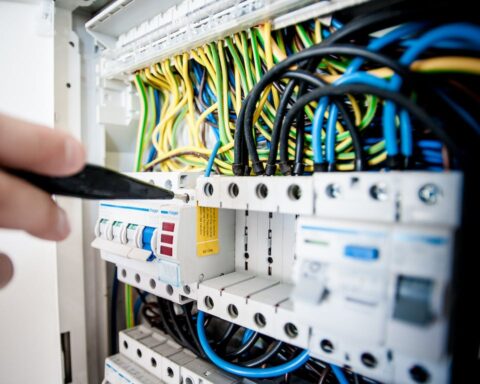When it comes to auto repairs, discussing the issue with a mechanic is an important step in getting your vehicle back on the road. However, many people find this process intimidating and overwhelming. They are unsure of what to say, how to communicate effectively, and what questions to ask. In this article, we will look at some strategies for discussing auto repairs with a mechanic.
Be Prepared:
Be prepared before your conversation with the mechanic. Take some time to gather all the necessary information about the problem you are experiencing with your vehicle. This could include any strange noises, warning lights on the dashboard, or changes in performance. Write down these specifics in a clear and organized manner, so you can present them to the mechanic.
Speak To The Mechanic:
Once you arrive at the repair shop, approach the mechanic with confidence. Remember that the mechanic is there to help you, so try to create a friendly and respectful rapport. Begin by clearly explaining the issue you are facing with your vehicle. Use simple and concise sentences to ensure that your message is easily understood. Refrain from using technical jargon that may confuse the mechanic and lead to miscommunication.
During the discussion, actively listen to the mechanic’s responses and explanations. They are experts in their field, and their insights can provide valuable information about the repair process. If there are any terms or concepts you don’t understand, ask for clarification. This will help you gain a better understanding of the repairs that need to be done
Ask Questions:
As the mechanic discusses the repairs, ask relevant questions to gain further clarity. For example, you might inquire about the potential causes of the issue or the estimated cost of the repairs. By asking questions, you demonstrate your interest and engagement in the repair process. It also gives you the opportunity to make informed decisions about the repairs.
Ask About Warranties:
Inquire about any warranties or guarantees associated with the repairs. This will help you understand the level of confidence the mechanic has in their work. Additionally, ask about the timeline for completing the repairs and whether any parts will need to be ordered. This will allow you to plan accordingly and make necessary arrangements.
Communication is important for a successful interaction with a mechanic. Be honest about your budget and any financial constraints you may have. This information will help the mechanic provide you with suitable repair options that align with your financial situation. Furthermore, if any unexpected repairs are identified while the mechanic is inspecting your vehicle, they should inform you and discuss the additional costs involved.





